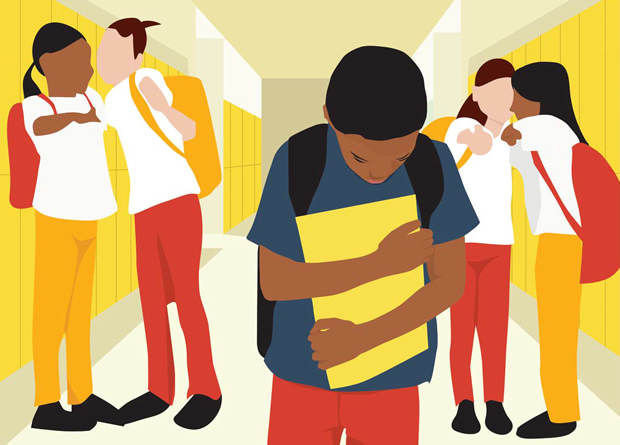In the exploration of Bahá’í teachings regarding violence and the victim mentality, it is paramount to examine the philosophical underpinnings that inform a Bahá’í approach to conflict resolution and emotional resilience. The second installment of this discourse expands upon the nature of violence, both interpersonal and structural, while articulating the framework of attitudes and beliefs that can foster a victim mentality.
At the outset, it is important to delineate violence in its multifaceted forms. While physical violence is the most overt manifestation, it is the subtler forms—psychological, emotional, and systemic violence—that often pervade societal interactions. Psychological violence perpetrates harm through manipulation, coercion, and intimidation, which can lead to long-term mental health repercussions for victims and society at large. Emotional violence may not leave physical scars but can instill profound feelings of inadequacy, fear, and isolation in individuals. In contrast, structural violence refers to systematic inequalities that disenfranchise individuals and communities. These forms of violence resonate with the tenets of the Bahá’í Faith, which emphasize the promotion of unity and the integral wellbeing of all humanity.
A crucial aspect of the Bahá’í perspective on violence is the understanding that it emanates from an unrefined state of the human spirit. Baha’u’llah elucidates that humanity possesses both a noble and a base nature, and it is the prevailing of the former that engenders peace and harmony. In contrast, yielding to base instincts can result in aggressive behaviors and a cycle of violence. Thus, the teachings advocate for personal transformation as a remedy—fostering virtues such as compassion, justice, and understanding can mitigate conflict and its associated traumatic effects.
Moreover, the principle of the oneness of humanity is a cornerstone of Bahá’í teachings. This principle asserts that all individuals share a common origin and essence, thus rendering the act of violence against any individual an affront to the entire human race. Engaging in acts of violence diminishes one’s dignity while simultaneously inflicting pain upon the collective. By internalizing this unity, individuals can begin to transcend a victim-oriented perspective and cultivate a more inclusive and proactive worldview.
Alongside the theme of violence, the concept of the victim mentality warrants careful scrutiny. A victim mentality can be understood as a psychological stance in which an individual perceives themselves primarily as a victim of circumstances or the malevolence of others. This outlook engenders a sense of helplessness and diminishes agency, leading individuals to believe that their well-being is contingent upon external factors beyond their control. The Bahá’í teachings invite individuals to recognize their inherent power to influence their circumstances through conscious choices and actions.
Transforming the victim mentality aligns with the Bahá’í emphasis on empowerment and self-advocacy. Individuals are encouraged to reflect on their experiences and find constructive ways to address and rectify grievances without succumbing to bitterness. This process entails a significant shift—transforming adversities into opportunities for personal growth and the betterment of society. The concept of “turning the other cheek,” a cornerstone of many spiritual traditions, is rearticulated within the Bahá’í framework as an act of strength rather than submission.
Furthermore, Bahá’í teachings underscore the importance of education as a transformative force. Education, in this context, is not only the acquisition of knowledge but the cultivation of virtues and moral discernment. It empowers individuals to rise above a victim mentality, equipping them with the critical thinking skills necessary to navigate conflicts with wisdom and grace. The Bahá’í Community, through its various educational initiatives, aims to foster an environment where individuals can learn to refrain from perpetuating cycles of violence and blame.
In pursuit of a world unmarred by violence, the Bahá’í approach encourages dialogue and understanding as the foundational pillars for peacebuilding. Constructive dialogue fosters empathy, allowing individuals to appreciate differing perspectives. This empathetic engagement acts as a bulwark against the degeneration into violence and the entrenched victim mentality. By embracing diverse narratives, individuals can reconstruct their realities and collaboratively work toward societal healing and reconciliation.
As we delve deeper into Bahá’í teachings, the importance of forgiveness emerges as a crucial instrument in dismantling cycles of victimhood and violence. Forgiveness is not merely an act of releasing resentments but an active choice to liberate oneself from the burdens of past traumas. This choice, embedded in Bahá’í doctrine, signifies a radical departure from victimhood, empowering individuals to reclaim their agency and redefine their narratives.
Moreover, fostering a spirit of service is vital within Bahá’í teachings. Service to others becomes a bulwark against the pervasive tendencies of a victim mentality. When individuals engage in acts of kindness and generosity, they cultivate a sense of purpose and connectedness that markedly counters feelings of isolation and despair. Service thus transforms the individual’s relationship with the world, ameliorating personal suffering while contributing to the collective wellbeing.
In conclusion, the Bahá’í teachings on violence and the victim mentality present a holistic understanding of the human condition. Encouraging personal transformation, embracing unity, advocating for education, cultivating forgiveness, and engaging in service establish a multifaceted approach to overcoming the dual challenges of violence and victimhood. Through living these principles, individuals can engage in constructive social action, paving the way for a more peaceful and harmonious society. Ultimately, the teachings implore humanity to recognize its shared destiny, urging a collective move toward healing and unity, transcending the limitations imposed by a victim mentality.
